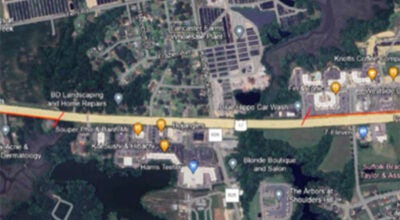Some city commissions abolished
Published 10:56 pm Thursday, June 19, 2014
City Council on Wednesday voted to abolish four commissions — including some on which nobody had served for years — because they say the groups are no longer needed.
City Attorney Helivi Holland said the move followed a review of all the city’s boards and commissions that took about a year of research by her staff.
The four groups that ceased to exist were the Substance Abuse and Youth Council, the Solicitation Advisory Board, the Emergency Medical Services Commission and the Advisory Commission for Persons with Disabilities.
Holland said the city’s substance abuse prevention needs for adults are being taken care of by the Western Tidewater Community Services Board, and that there is a Youth Advisory Council that aids in youth substance abuse prevention.
“The needs are still being addressed, but by two different entities,” she said.
The Solicitation Advisory Board was once a permitting process for people selling products door-to-door, Holland said, but the police department now handles that process.
The Emergency Medical Services Commission, she added, also is not needed.
“For several years now, there has been no one serving on this commission,” Holland said.
Finally, the Advisory Commission for Persons with Disabilities was initially created to “assist the city with making certain our facilities were accessible to persons with disabilities,” Holland said.
However, she said the city’s Public Works and Capital Programs and Buildings departments “are very conscientious” with ensuring the city’s accessibility.
“We cannot find a true need for this commission to stay in place,” Holland said.
A fifth board, the Library Board, was also abolished, but was immediately re-established under the name Library Advisory Board to be in compliance with state code. Its members also were re-appointed to the new board.
In addition, the Welfare Advisory Board was renamed to the Human Services Advisory Board.
Minor changes in city code to some of the council’s other boards and commissions — requiring the members to be city residents and allowing them to be removed at any time at the will of City Council — also took place.
City staff recommended the appointment of members of the abolished commissions who are still willing to serve to vacant spots on the groups that still exist.






